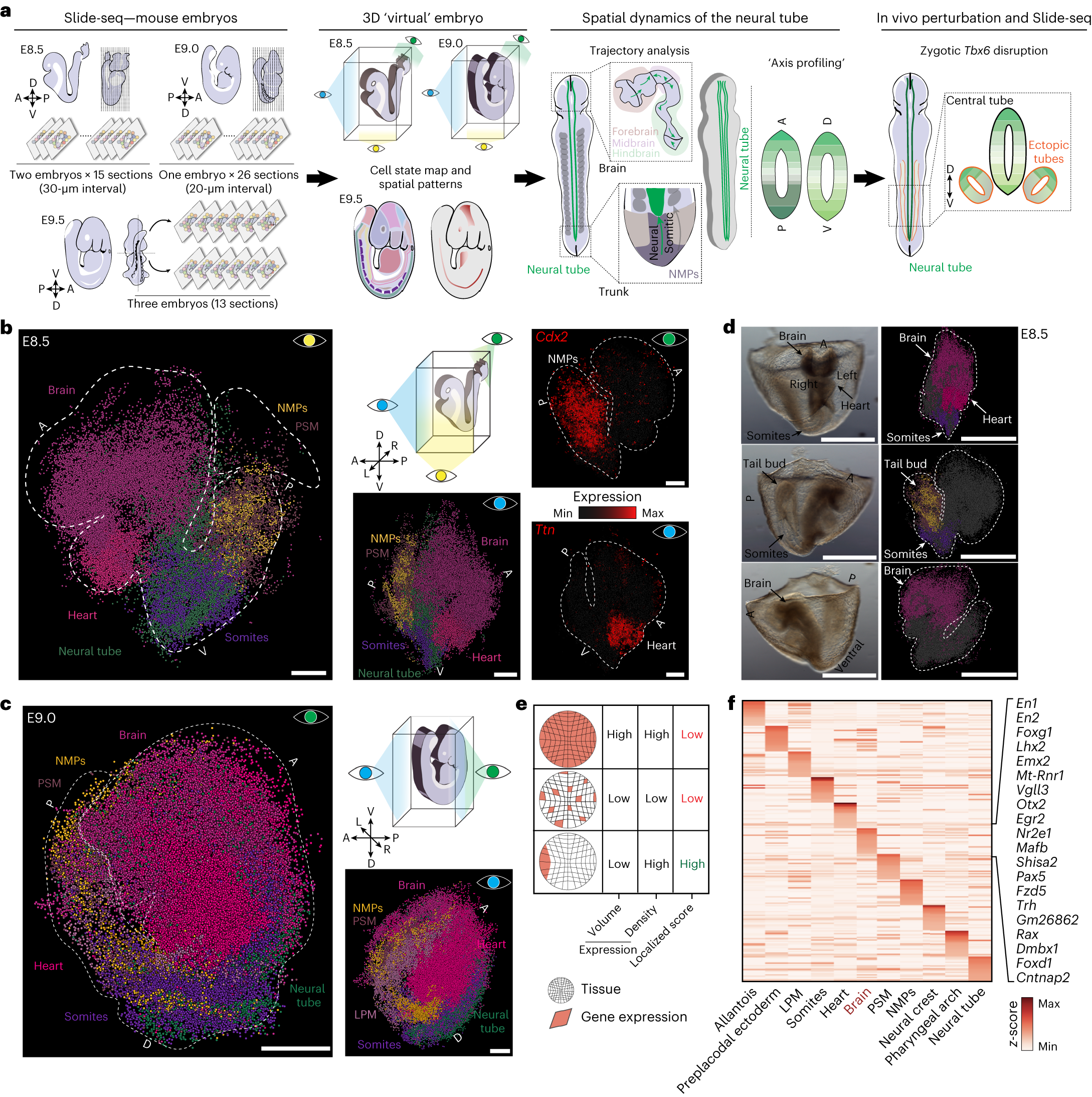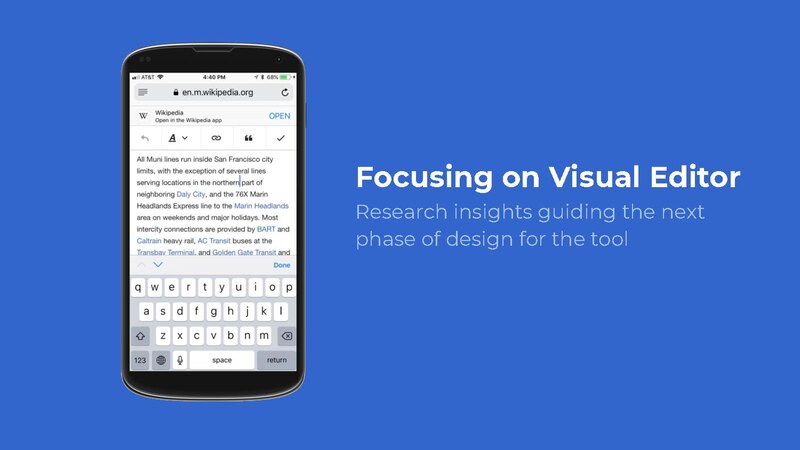Brain Sciences, Free Full-Text
Por um escritor misterioso
Descrição
For incurable diseases, such as multiple sclerosis (MS), the prevention of progression and the preservation of quality of life play a crucial role over the entire therapy period. In MS, patients tend to become ill at a younger age and are so variable in terms of their disease course that there is no standard therapy. Therefore, it is necessary to enable a therapy that is as personalized as possible and to respond promptly to any changes, whether with noticeable symptoms or symptomless. Here, measurable parameters of biological processes can be used, which provide good information with regard to prognostic and diagnostic aspects, disease activity and response to therapy, so-called biomarkers Increasing digitalization and the availability of easy-to-use devices and technology also enable healthcare professionals to use a new class of digital biomarkers—digital health technologies—to explain, influence and/or predict health-related outcomes. The technology and devices from which these digital biomarkers stem are quite broad, and range from wearables that collect patients’ activity during digitalized functional tests (e.g., the Multiple Sclerosis Performance Test, dual-tasking performance and speech) to digitalized diagnostic procedures (e.g., optical coherence tomography) and software-supported magnetic resonance imaging evaluation. These technologies offer a timesaving way to collect valuable data on a regular basis over a long period of time, not only once or twice a year during patients’ routine visit at the clinic. Therefore, they lead to real-life data acquisition, closer patient monitoring and thus a patient dataset useful for precision medicine. Despite the great benefit of such increasing digitalization, for now, the path to implementing digital biomarkers is widely unknown or inconsistent. Challenges around validation, infrastructure, evidence generation, consistent data collection and analysis still persist. In this narrative review, we explore existing and future opportunities to capture clinical digital biomarkers in the care of people with MS, which may lead to a digital twin of the patient. To do this, we searched published papers for existing opportunities to capture clinical digital biomarkers for different functional systems in the context of MS, and also gathered perspectives on digital biomarkers under development or already existing as a research approach.
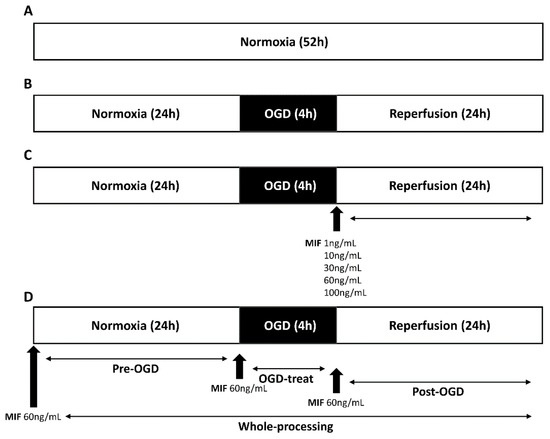
Liveupdate-Administrator-Download 2.3.2 - Colaboratory
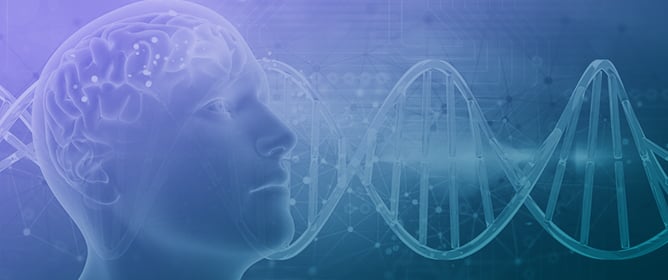
Brain Sciences An Open Access Journal from MDPI

Open Education Week - Open Neuroscience Initiative
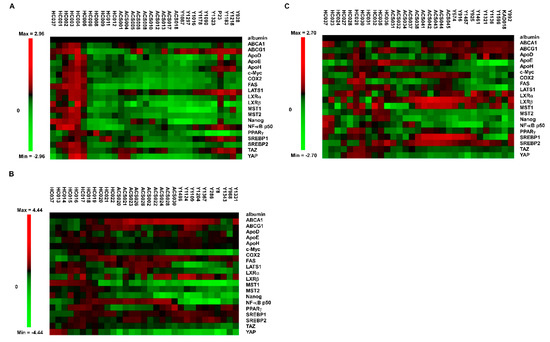
Knoten Kad Herunterladen - Colaboratory

PDF) Bridging Disciplines in the Brain, Behavioral, and Clinical

Mind, Brain, and Humanist Values: Bulletin of the Atomic
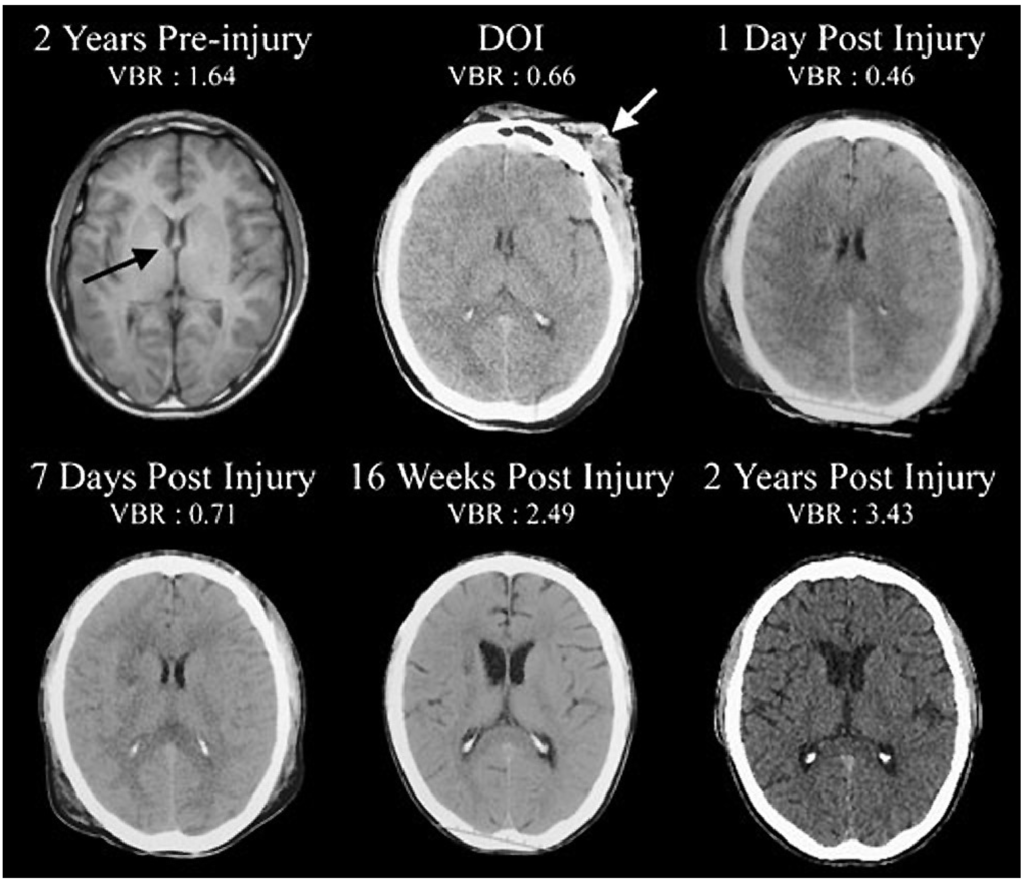
Brain Sciences, Free Full-Text
Homepage - Happy Brain Science
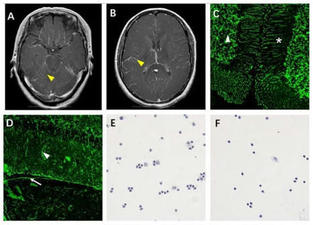
The Anti-NMDA Receptor Encephalitis Foundation Newsletter - The

Stream episode READ [PDF] This Is Your Brain on Birth Control: The
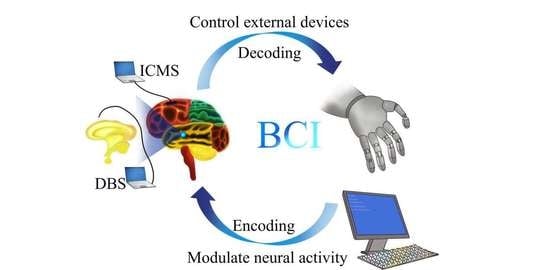
Brain Computer Interface Seminar Ppt Free Download - Colaboratory

Get Excited About the Brain! - National Institute of Mental Health

Recent advances in recording and modulation technologies for next
de
por adulto (o preço varia de acordo com o tamanho do grupo)


